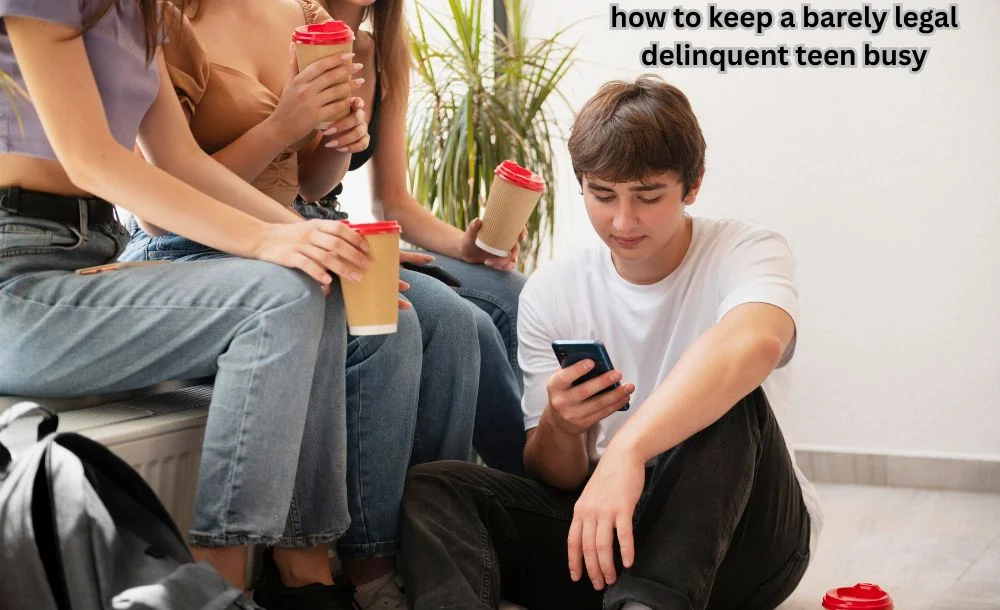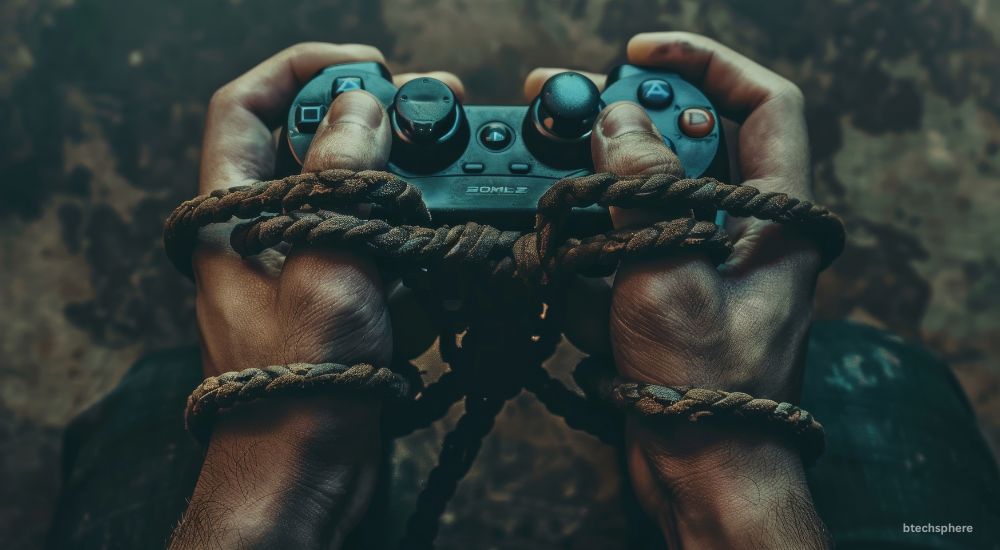Understanding how to keep a barely legal delinquent teen busy begins with recognizing that this phase of life is full of transitions, questions, and internal struggles. Teens who have just crossed into legal adulthood often find themselves caught between expectations and emotional uncertainty. For those who are showing signs of rebellion or risky behavior, what they often need most is not control, but compassionate redirection. The path to connection lies in gently engaging them, not through force or judgment, but through trust, creativity, and a sense of shared purpose.
Gently Understanding Their Inner World First
Before suggesting ways to keep a teen busy, it’s important to understand the root of their behavior. Rebellion is often a sign of something deeper perhaps loneliness, pain, or feeling misunderstood. Instead of immediately reacting with rules or punishments, take a step back and open up space for conversation. Sit with them without expectations, listen without interrupting, and try to understand what they may be going through beneath the surface. This kind of emotional presence can become the foundation for any meaningful change.
Creating Soft Routines That Bring Calmness
Teens who seem out of control often benefit from soft structure. A gentle routine can provide a sense of grounding without making them feel trapped. These routines don’t need to be strict schedules. They can be as simple as a morning walk, a peaceful cup of tea together, or journaling in the evening. Creating moments of quiet rhythm can slowly help bring a sense of calm into their lives. When they begin to feel stability, even in small ways, they’re more likely to cooperate and participate.
Encouraging Creative Outlets for Emotional Expression
Many teens express their inner emotions through rebellion because they haven’t yet found safer, healthier ways to express themselves. Offering creative outlets can help them begin to release their feelings through art, music, or writing. Drawing, painting, learning an instrument, recording video blogs, or writing stories are all quiet, non-invasive options. These outlets allow a teen to express identity and emotion in ways that words may not always allow. It’s not about talent or perfection it’s about expression and healing.
Offering Empowering Responsibility Instead of Punishment
Teens at this stage often want to feel useful, even if they don’t know how to express it. Giving them responsibilities that feel meaningful not forced can help redirect their energy. Let them lead a small project, help with younger children, assist in the kitchen, or volunteer with animals or a community group. These experiences offer them a sense of pride and contribution. When you show that you trust them with responsibility, it invites them to rise to the occasion.
Channeling Energy through Meaningful Movement
Physical activity is a powerful way to help regulate emotions and reduce frustration. It doesn’t have to be competitive sports something as simple as yoga, martial arts with a mindfulness focus, dance classes, or rock climbing can help a teen reconnect with their body and energy in a safe way. Encouraging movement that fits their personality and comfort can make a big difference in managing stress and impulsivity.
Balancing Technology with Respectful Boundaries
Digital devices and social media can both connect and isolate teens. Instead of fighting over screen time, try to have open conversations about what digital spaces make them feel good and what leaves them drained. Work together to create gentle tech agreements, like setting a screen-free hour at night. This approach shows respect for their autonomy while still encouraging healthier habits.
Seeking Gentle Mentorship, Not Harsh Monitoring
Sometimes, teens need to hear guidance from someone outside the home. A mentor whether a coach, local artist, or a trusted community leader can help bridge the gap between rebellion and reflection. If your teen connects with someone they admire and respect, that person can become a quiet but powerful influence. Letting your teen choose or agree to that mentorship helps them feel in control of the process.
Exploring Alternative Paths in Education
If your teen struggles with traditional education, it might be time to rethink the path. Some teens feel disconnected in classrooms but thrive in creative or hands-on environments. Explore other learning options like online courses based on their interests, apprenticeships, or even planned gap years. Giving them the chance to help shape their own educational journey can reignite their desire to grow.
Rewarding Progress with Quiet Affirmation
Positive reinforcement doesn’t have to be big or material. Recognize their efforts no matter how small. Celebrate calm weeks with a meal out, praise their involvement in something new, or simply thank them for trying. The goal is to show that their positive choices are noticed and appreciated. When a teen feels seen, they are more likely to continue growing in the right direction.
Holding Steady in the Face of Setbacks
Change doesn’t happen overnight. There will be moments of resistance, emotional outbursts, and even regression. The most important thing you can do is remain steady, patient, and present. Being barely legal doesn’t mean they’re emotionally mature yet. This is still a time of learning. Stay beside them not as someone trying to control them, but as someone offering quiet, unconditional support. That alone can make all the difference.
Conclusion
Learning how to keep a barely legal delinquent teen busy isn’t just about keeping them occupied it’s about creating meaning, trust, and gentle direction. Even when the path feels uncertain, your steady presence can offer comfort and guidance. By focusing on connection, creativity, and compassion, you create space for growth that is not forced but felt and chosen. And in that space, change can gently take root.
FAQs about how to keep a barely legal delinquent teen busy
What does “barely legal delinquent teen” really mean?
It usually refers to a teen who has recently turned 18 or just entered adulthood, but still exhibits risky, defiant, or rebellious behavior. This stage is emotionally complex, and they may still need as much guidance as younger teens.
Is it too late to guide a teen who’s already on a risky path?
No, it’s never too late. Even if progress is slow, a teen can always be gently redirected toward healthier paths with patience, empathy, and the right kind of support.
What if my teen refuses to engage at all?
Start with presence rather than pressure. Be around without always trying to fix things. In time, your consistency and calmness can begin to open emotional doors.
What should I do if my teen’s behavior becomes dangerous?
If their actions involve serious risk such as drug use or violence seeking help from mental health professionals, counselors, or community programs is important. Outside support is not failure it’s a loving act of responsibility.
Can online habits be used positively?
Yes. Digital spaces can offer creativity, connection, and learning. Help your teen explore positive uses of technology while maintaining balance with healthy boundaries.
Are there programs that support teens like this?
Many communities offer youth mentorship, creative workshops, volunteer opportunities, or counseling services. Local libraries, schools, and nonprofits are often good starting points.















